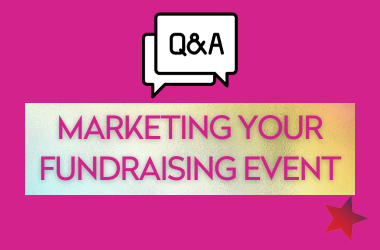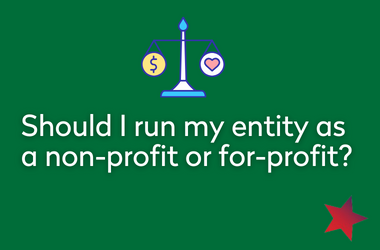What is a Sole Proprietor?
Definition of Sole Proprietor for Those in the Performing Arts
A Sole Proprietor is an entity that is not incorporated (as a C-corp, S-corp, or other corporate structure). This includes performing arts entities. As the name implies, sole proprietors have just one owner, who pays personal income tax on any profits earned from the entity. Sole proprietors are not as highly regulated as other structures, and many do business under their own name rather than creating a separate business name.
How are Sole Proprietors Created?
Because of their lack of regulation, sole proprietor businesses are the easiest to create, often being used by independent contractors and consultants. They’re also easy to dissolve, and in some cases are transformed into an LLC or corporate structure when the organization grows. There is no separate legal entity with a sole proprietor, and the owner is therefore liable for any profits, debts, and liabilities of the business.
While they are a simple place to start for many organizations, sole proprietors don’t provide protection from the business’s liability and sometimes lack the credibility of an incorporated business. Therefore, it’s a good idea to compare the benefits of a sole proprietor to those of a C-corp, S-corp, LLC, and non-profit – and consult a good accountant and lawyer before choosing even this simple business structure.
Many Performing Artists are an Ideal Fit to Become Sole Proprietors
This incorporation structure is best for any business where the owner has confidence in upholding the stability of the organization singlehandedly, whether it’s through the organization’s profits, debts, or other finances. If the owner of the organization is also looking to kickstart the business without too many regulations based on legalities and paperwork, this is for them. Sole proprietors will also be able to keep the organization flexible and adaptable in terms of its structure and whether they would like to evolve out of this status to become something else such as an LLC.
Related Resources
Q&A: Marketing Your Fundraising Event
Q&A: Marketing your Performing Arts Fundraising EventUnveiling the Power of Event Fundraising: Elevate Your Fundraising Efforts! Hosting an event stands out as one of the most collaborative ways to raise funds. From planning to execution, various steps and factors...
How to Apply for a Grant Through a Fiscal Sponsor
How to Apply for a Grant Through a Fiscal SponsorFiscal Sponsors Help Open Doors To Nonprofit Grants Fiscal Sponsors Give You the Ability to Put Your Work Before More FundersOne of the many benefits of having fiscal sponsorship is the ability to apply for grants...
Difference Between Non-Profit and For-Profit Entities
Difference Between Non-Profit and For-Profit Entities What is a Non-Profit Entity? A non-profit, not-for-profit, or NPO, is an organization that does not seek to earn profit for its owners. Rather, all of the money earned is used to keep the organization running and...



